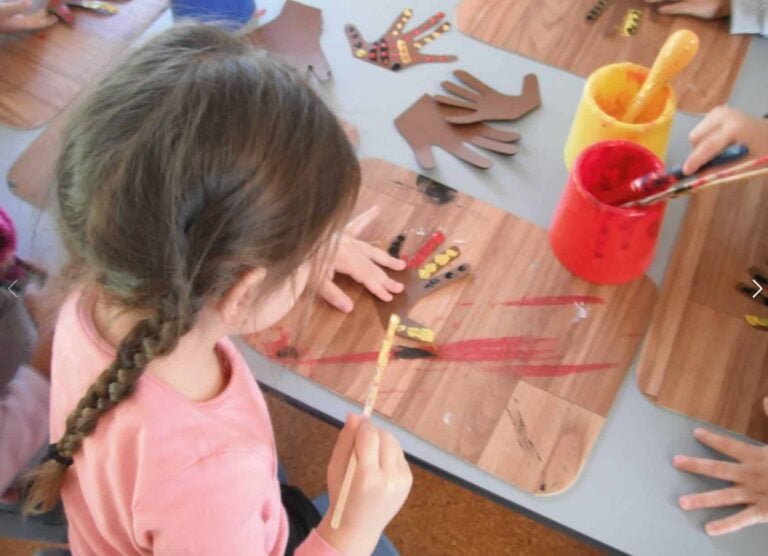The Montessori approach to early childhood education offers a broad vision of education as an “aid and a preparation for life.” It is designed to help children grow from birth to maturity, and succeeds because it is flexible, interest-based, and aligned to children’s key developmental stages. The Montessori Curriculum and classroom structure incorporates flexible learning in a number of ways. Ultimately, this leads to the development of an optimal learning environment that caters to the needs of a diverse range of students and abilities. So how is the Montessori Curriculum flexible?
Parents frequently ask why Montessori classes group children by two to three year age groups, when primary schools group students by their birth year.
According to Montessori Theory, the development of literacy begins long before children start primary school, and is acquired in a variety of ways at different ages.
Montessori is a transformative educational model that can make a significant contribution to the educational outcomes for children from all social, cultural, and economic backgrounds.




